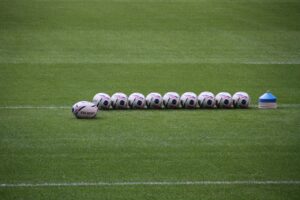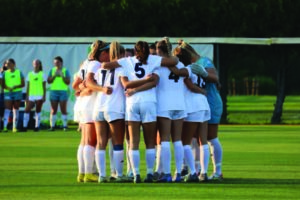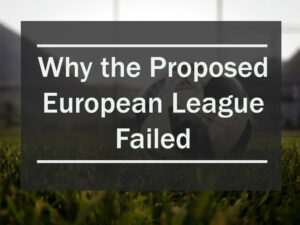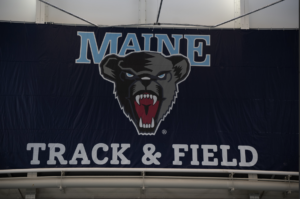While the sports world is rife with unpleasant happenings, such as greedy league owners and drug-use scandals, South Korea is taking a step to help crack down on one of the most prevalent issues in the international professional sports community. This past week, the National Human Rights Commission of Korea disclosed that it is currently a month into a year-long mission to eradicate physical and sexual misconduct that has arisen throughout the various sports organizations in South Korea.
This decision was made by the committee after preliminary investigations beginning Feb. 25, 2019, found more than 30 cases of reported misconduct or abuse within various national sports organizations. These findings then led the committee to conclude that the organizations were “unable to successfully protect athletes” from sexual assault.
The investigation was prompted after the #MeToo movement gained traction in South Korea after Olympic gold-medalist Shim Suk-hee cast allegations that her former coach had assaulted her multiple times since she was 17 years old, which continued into her 20’s. Shim, now 22, was joined by many other female athletes who came forward will allegations stating that their coaches had sexually harassed or assaulted them at some point during their careers. Five other female skaters came forward after Shim brought the allegations against the Olympic coach, who is now serving a 10-month prison sentence for the physical assault of athletes under his guidance and care.
The investigation is not only focusing on professional sports but aims to expand the inquiries to encompass both underage and adult athletes who compete in both scholastic and league teams. This investigation is meant to be one part in the process of uncovering sexual assault throughout sports teams.
“Education processes will be a key part of the investigation because there are situations where athletes find it hard to disclose what they have been through or even recognize that they have been [sexually] abused or harassed,” National Human Rights Commissioner Park Hong-Geun commented in a prior press conference.
Sources note that the mistreatment and abuse of female athletes have been a long-standing problem in the world of elite sports throughout South Korea. Elite sports groups, such as leagues, are often run by men, as concepts of gender equality as demonstrated in the Western hemisphere are still struggling to permeate South Korean culture. Contributing to the culture surrounding sports is the rigorous schedule that athletes must adhere to; often student-athletes skip school to be able to compete, and are often under the close care of their coaches, which can allow coaches to hold an undue amount of influence over these athletes’ lives.
In 2010, the commission opened an inquiry into school sports and returned with advice to the Korean Sport and Olympic Committee to incorporate instructions and proposals that would help to protect athletes from abuse, as well as measures that could increase public education about the prevalence of sexual assault throughout the Korean sports community.
Choi Young-ae, the chairwoman of the Human Rights Commission criticized the Olympic committee on their apparent disregard for these guidelines over the past years, stating in a press conference last Wednesday, “Physical and sexual violence in [South Korean] sports does not happen incidentally, but is generated consistently under [the existing] structure. A culture that puts medals and other awards over everything else, [that] has been exonerating violent behaviors … such violence has been closely associated with the sexual violence that occurs”.
As South Korean women join the #MeToo movement and seek to liberate their bodies within industries that are often very difficult to safely navigate, another victory looks to be in the future for gender equality and equity in professional sports.






